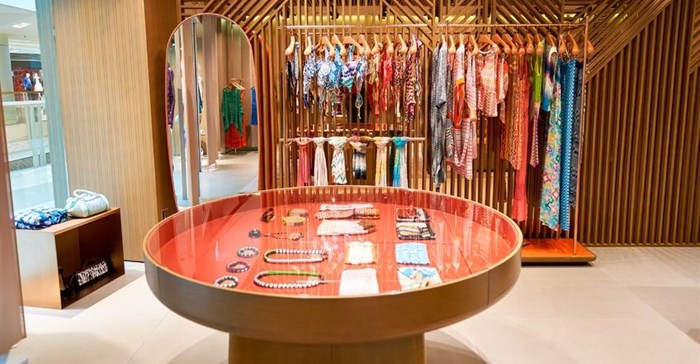In a world where disposable, mass-produced goods of dubious quality are wreaking havoc on the environment, there is a growing place for luxury goods that don't need to be constantly repurchased because of their unfortunate build quality.
While we’re all familiar with common sense sayings such as ‘penny wise, pound foolish’, we can’t help being enticed by a plastic-based bargain that fails the usage test almost as soon as it is unwrapped. There are few more disappointing consumer experiences than a substandard product that sheds its shine in a flash, leaving Mother Nature to deal with the remnants.
Africa does not have to be a dumping destination. She continues to find her feet as the bright continent and is increasingly able to provide more of us with a better future. With the numbers of high net wealth individuals on the rise here, and with luxury goods and services occupying growing slices of production, it’s time Africa banished bad quality. With South Africa alone home to over 40,000 US dollar millionaires, surely Africa as a continent can afford to be more discerning?
Luxury leaves a legacy
While some might argue that scarce resources are better spent on boosting growth for the many, not pushing glamping for the few, the production and use of luxury goods has a little-considered positive impact on individual human beings in that it allows human creativity to flourish.
The craftsperson expresses herself in her work and the uplifting effect on the purchaser’s spirit is difficult to quantify, but easy to imagine. Much of human history has been occupied by people producing beautiful things that we still have the opportunity to admire today because they were so well built. Luxury leaves a legacy and wonderfully impacts our humanity.
As an aside, few of us stop to think of the cost to the planet and the cost to national and personal budgets of the mountains of junk being dumped on Africa. Conversely, bespoke luxury goods, services and experiences conceptualised in Africa, by Africans, have a hugely positive impact on our national GDPs. This is because luxury, whether it is a handmade item or a bundle of exclusive services, is often produced by individual entrepreneurs with a top-end talent that appeals to a select few. If one considers that upwards of 60% of all employed South Africans, for example, are working for Small, Medium and Micro Enterprises (SMMEs), then we begin to understand the growth-boosting potential of the luxury market.
Finally, globalisation has a real role to play in making our run-of-the-mill, routine consumer goods and services more accessible and affordable. For things that are purchased often and in great qualities, globalisation is the best way of securing that much-needed supply. However, it’s the luxury goods market that stands up for human individualism and says one size does not always fit all. In 2018, let’s learn how to express our own uniqueness in quality, sustainable ways.

















































